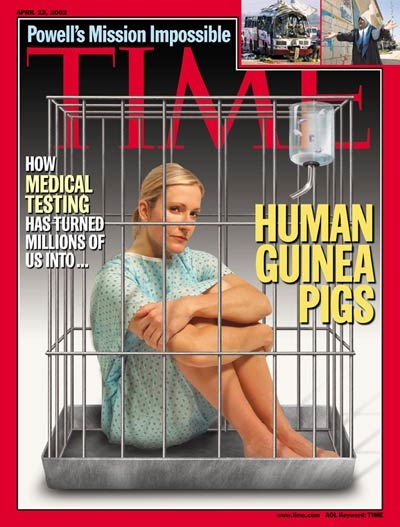What does risk analysis and safety engineering really entail? We learn that safety not only implies benefits but also costs. The proper economic evaluation of safety aspects related to new technologies that we develop; a.k.a. a cost-benefit analysis (CBA). We use this day-to-day analysis in our everyday lives in order to see whether the benefits of certain choices outweigh the costs. This allows us to determine sound decisions, justify choices, and consider the feasibility of certain options. On the basis of this logic, a company called ‘proefpersoon.nl’(Guinea-pig projects) gives individuals (mostly students) the chance every day to use this analysis, in order to decide whether they are willing to participate in experiments for new innovations/medications. The question is whether the comparison of the total expected costs of each experiment against the total expected benefits has a positive or negative result.
In order to answer this question we have to perform a cost/benefit or risk analysis of ‘proefpersoon.nl’. On this website individuals can register for various experiments such as testing for new medication, the safety and effects of sleeping pills, effects of several cures on a pain test battery, and research on effects of a new solution for treatment of neurologic diseases. It is presented as a volunteering process, however many students are motivated to participate in these experiments due to the generous compensation that you receive afterwards. One example is the safety, tolerability, and effects of a new sleeping pill. When considering this experiment my attention is first caught by the benefits or in this case compensation, 851 euros, which is often the case when considering options. However after reading into the experiment and looking at all of the circumstances that you have to abide to as a subject, you begin to wonder whether it is worth it. Duration of 6 days, 7 nights (total of 5 weeks), 48h before first research day until the end of research period no consumption of alcohol or coffee, not using drugs, nor other medication, homeopathic substances, herbs, vitamins, minerals, nor grapefruit, and prevent intense physical exercise including night shifts. Apart from these ‘costs’ there is always the risk that the new medication does not do what it is supposed to do, leaving you with undesired medical issues.
In a case such as the one described above, it is crucial to perform a risk and cost/benefit analysis, even though it is very tempting to stop looking any further past the benefits. Yet when it comes to a risk analysis where your health is at stake, and your presenting yourself as a guinea pig for science, is there any price or benefit sufficient? The compensation might give you that extra week in Spain during summer, yet what if you have to spent your entire vacation inside on anti-biotics due to a ‘mistake’ in the experiment? The notion that plays the leading role here is that logical thinking will not give you the right answer every time you weigh the costs against the benefits. It requires critical thinking and personal judgement to decide what is best for you.

